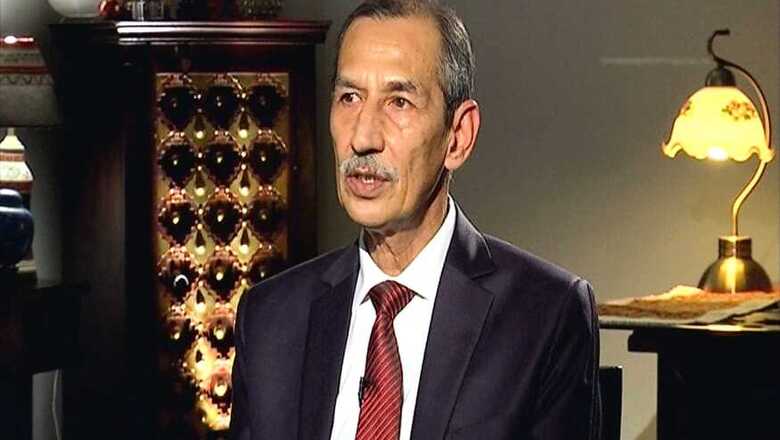
views
New Delhi: Lt. General Deependra Singh Hooda, the architect of the 2016 surgical strikes on terror camps across Line of Control, congratulated the government and the Indian Air Force (IAF) for taking the decision to conduct laser-targeted cross-border air strikes.
Early on Tuesday morning, in an intelligence-led operation, 12 Indian Force Mirage 2000 jets struck terror camps in Balakot, dropping 1,000kg laser-guided bombs on their targets.
According to foreign secretary Vijay Gokhale, “a very large number of JeM [Jaish-e-Mohammad] terrorists, trainers, senior commanders and groups of jihadis who were being trained for fidayeen attacks were eliminated."
The former general, who was in charge of the Army’s Northern Command when it struck terror camps in LoC in 2016, said he was “extremely happy that this action has been done".
“It was overdue after what happened after the Pulwama attack. It is going to send a strong message to Pakistan that India can take only this much and no more," he said in an interview to CNN-News18’s Bhupendra Chaubey.
He called the airstrikes “absolutely professional" and added that the attack was well-planned and could, therefore, evade Pakistan’s radar systems. He mentioned the usage of “selected routes" and “sophisticated jammers" while noting that technology-wise, the IAF is far superior to the Pakistan Air Force (PAF).
Speaking in the context of justifications for such a strike, Hooda said that terror attacks on Indian soil cannot be carried out “with impunity" and “then hope that India is not going to respond."
He even added that more such strikes should have been carried out after the attack on the Indian Army headquarters in Uri in 2016. “We have had various terror attacks… and this is the way to deter."
Hooda said that a large number of terror camps are located in the boundary between Pakistan and Pakistan-occupied Kashmir (PoK).
On being asked why Bahawalpur, the well-known headquarters of Jaish-e-Mohammad, was not hit, Hooda explained that one of the major concerns in such a strike would have been collateral damage.
The foreign secretary, in his press conference, had clearly spelt out that “the selection of the target was also conditioned by our desire to avoid civilian casualties. The facility is located in thick forest on a hilltop far away from any civilian presence."
As for possible retaliations, Hooda said “the ball is squarely in Pakistan’s court" and added that after having undertaken the airstrikes, the “Indian forces would be completely prepared."
















Comments
0 comment